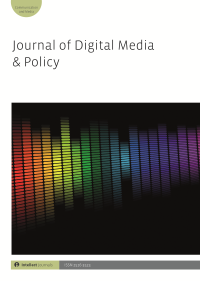
Full text loading...

Economist Dani Rodrik argues that global economic governance is characterized by a trilemma: ‘we cannot have hyperglobalization, democracy, and national self-determination all at once. We can have at most two out of three’. This trilemma can also be applied to internet governance and global platform governance as a corollary global internet-governance impossibility theorem. This trilemma, which emphasizes who sets the rules and the degree of democratic accountability they face, offers us a way to evaluate online content-regulation proposals. This article applies this framework to four prominent platform-governance proposals: Facebook’s proposal for a global ‘Oversight Board’; David Kaye’s book Speech Police; the United Kingdom’s Online Harms White Paper; and French president Emmanuel Macron’s speech to the 2018 Internet Governance Forum. Of the four, only Macron’s framework offers a pathway to reconciling democratic accountability with the existence of different legitimate views on how content should be regulated.

Article metrics loading...

Full text loading...
References


Data & Media loading...

Publication Date:
https://doi.org/10.1386/jdmp_00028_1 Published content will be available immediately after check-out or when it is released in case of a pre-order. Please make sure to be logged in to see all available purchase options.